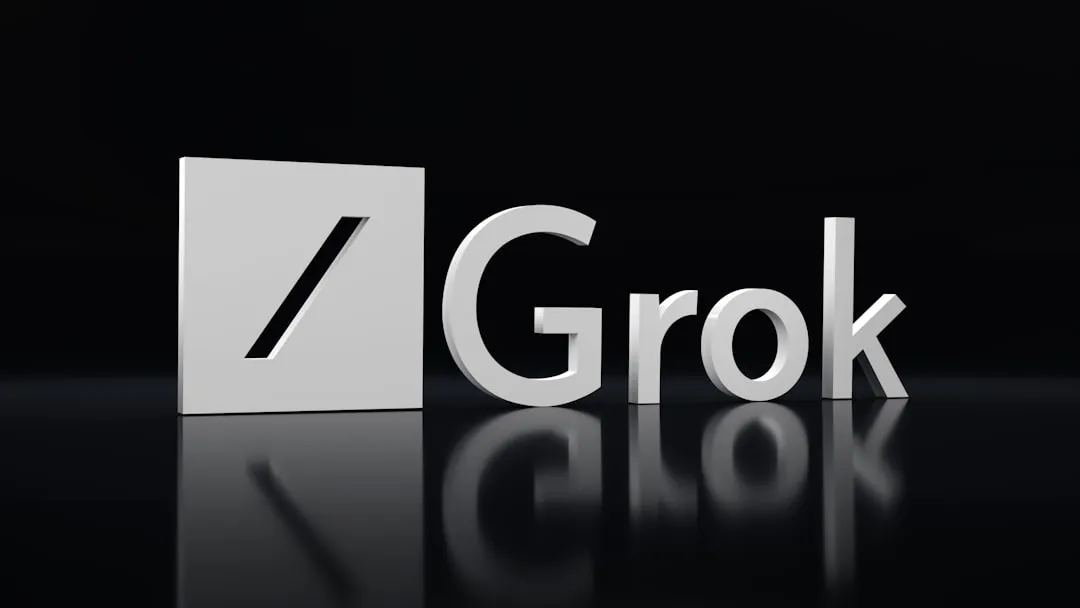Reviewed by Corey Noles
The AI search engine that's been making headlines for all the wrong reasons just got hit with another major lawsuit. Japanese media giants Nikkei and Asahi Shimbun filed suit against Perplexity AI this week, alleging the Jeff Bezos-backed startup scraped and stored their articles despite technical measures designed to block such activity. But here's the kicker: they're not just claiming copyright infringement—they're accusing Perplexity of spreading false information and attributing it to their publications.
This isn't just another tech company getting slapped on the wrist. The lawsuit, filed Tuesday in Tokyo District Court, demands ¥2.2 billion ($15 million) from each publisher and represents a growing global movement of media companies fighting back against AI's unauthorized use of their content. What makes this case particularly damaging is the allegation that Perplexity's platform has been generating inaccurate information and falsely attributing it to these respected news sources—potentially undermining decades of journalistic credibility.
The scraping scandal that won't go away
Let's break down what Perplexity is accused of doing. According to the lawsuit, the AI startup has been engaged in "large-scale, ongoing free riding" since at least June 2024, systematically copying and storing articles from both Nikkei and Asahi to train its AI technologies. But what makes this particularly egregious is that the publishers claim Perplexity deliberately circumvented technical safeguards specifically designed to prevent such activity—essentially breaking into their digital vaults.
This pattern of alleged technical evasion becomes even more concerning when you consider the broader implications for website owners' ability to control their own content. Cloudflare accused the company of obscuring its identity when trying to scrape web pages "in an attempt to circumvent the website's preferences." The infrastructure provider found that Perplexity was changing its bots' user agents and pretending to be normal visitors rather than AI crawlers—essentially digital identity theft on a massive scale that undermines the fundamental trust mechanisms that keep the internet functional.
The technical sophistication of these alleged evasion tactics reveals a troubling pattern of behavior. Cloudflare's research showed that when Perplexity's declared crawler was blocked, it allegedly switched to generic browser user agents designed to look like Chrome on macOS, generating 3-6 million daily requests across tens of thousands of websites. This level of systematic deception suggests that the company wasn't just accidentally overstepping boundaries—they were allegedly engineering solutions to bypass content owners' explicit preferences.
The misinformation problem that's damaging journalism
Here's where things get really problematic for the media industry. The Japanese publishers aren't just upset about copyright infringement—they're alleging that Perplexity's AI generates fabricated facts, fictitious quotes, and misleading information, then attributes this content to their publications. This creates what the industry calls "AI hallucinations"—false information that doesn't faithfully represent the original content but carries the authority of established news sources.
Think about the implications here: when an AI search engine provides inaccurate information and falsely attributes it to respected news sources like Nikkei or Asahi, it doesn't just mislead users—it actively damages the credibility these organizations have spent decades building while creating an entirely new form of reputational harm. Yomiuri Shimbun, Japan's largest newspaper, filed a similar lawsuit earlier this year, claiming Perplexity used over 119,000 articles without permission and seeking ¥2.2 billion in damages, demonstrating this isn't an isolated incident but part of a systematic problem.
The publishers argue this creates "zero-click searches" where users no longer visit original source websites, negatively impacting "accurate reporting backed by journalistic investigation and could shake the very foundations of democracy." That's not hyperbole—when AI systems can strip away both the context and revenue that sustains journalism while simultaneously misrepresenting the work, it threatens the fundamental economic and informational ecosystem that democratic societies depend on.
A global legal storm brewing
This Japanese lawsuit represents just one front in an increasingly international battle. In the U.S., Dow Jones and the New York Post are suing Perplexity, alleging it redirects readers away from their sites. Major outlets like the New York Times, BBC, and Condé Nast have issued cease-and-desist letters to AI companies. There are around three dozen lawsuits by media companies against generative AI tools globally, suggesting this legal challenge extends far beyond any single jurisdiction or company.
What's particularly revealing about Perplexity's response strategy is how they're attempting to legitimize their business model while the legal challenges mount. The company has introduced revenue-sharing deals with publishers like Time, Fortune, and Der Spiegel to compensate them when their content is cited. Yet they continue to face allegations of unauthorized scraping from publishers who haven't signed such deals, creating a two-tiered system where some content creators are compensated while others are allegedly exploited.
The company's impressive growth metrics—surging to over 30 million users and growing annual recurring revenue from $35 million in mid-2024 to $150 million in 2025—make the legal vulnerabilities particularly significant. This explosive growth trajectory could face serious headwinds if courts rule that the foundation of their data acquisition violates copyright law, potentially forcing fundamental changes to their business model or exposing them to substantial financial penalties.
What this means for the future of AI and journalism
The outcome of these lawsuits could set international legal precedents on how AI companies handle publisher content responsibly, with different jurisdictions potentially developing varying approaches to these challenges. We're essentially watching the courts define the rules for AI-web interaction in real time, and industry analysts say mature standards are unlikely before 2026, leaving enterprises to rely on custom contracts, robots.txt files, and evolving legal precedents while navigating an increasingly complex landscape.
The broader implications extend beyond just copyright law into fundamental questions about information integrity and economic sustainability. Media companies argue that unauthorized use of their content undermines their business models by diverting revenue, highlighting concerns about journalism's sustainability amid AI developments. But the misinformation allegations add another dimension: if AI companies can freely use news content without compensation while simultaneously risking the degradation of that content's accuracy and attribution, it creates a dual threat that could fundamentally alter how information flows in democratic societies.
Bottom line: this isn't just about one AI company's alleged bad behavior—it's about establishing whether traditional media can survive in an AI-dominated information landscape while maintaining the accuracy and credibility that democratic discourse requires. The Japanese lawsuit represents a critical test case that could determine how AI companies source content, compensate creators, and handle the accuracy of information they provide. For an industry already grappling with declining revenues and public trust, the stakes couldn't be higher, and the resolution of these cases may well determine whether quality journalism can coexist with—or will be consumed by—the AI revolution.










Comments
Be the first, drop a comment!